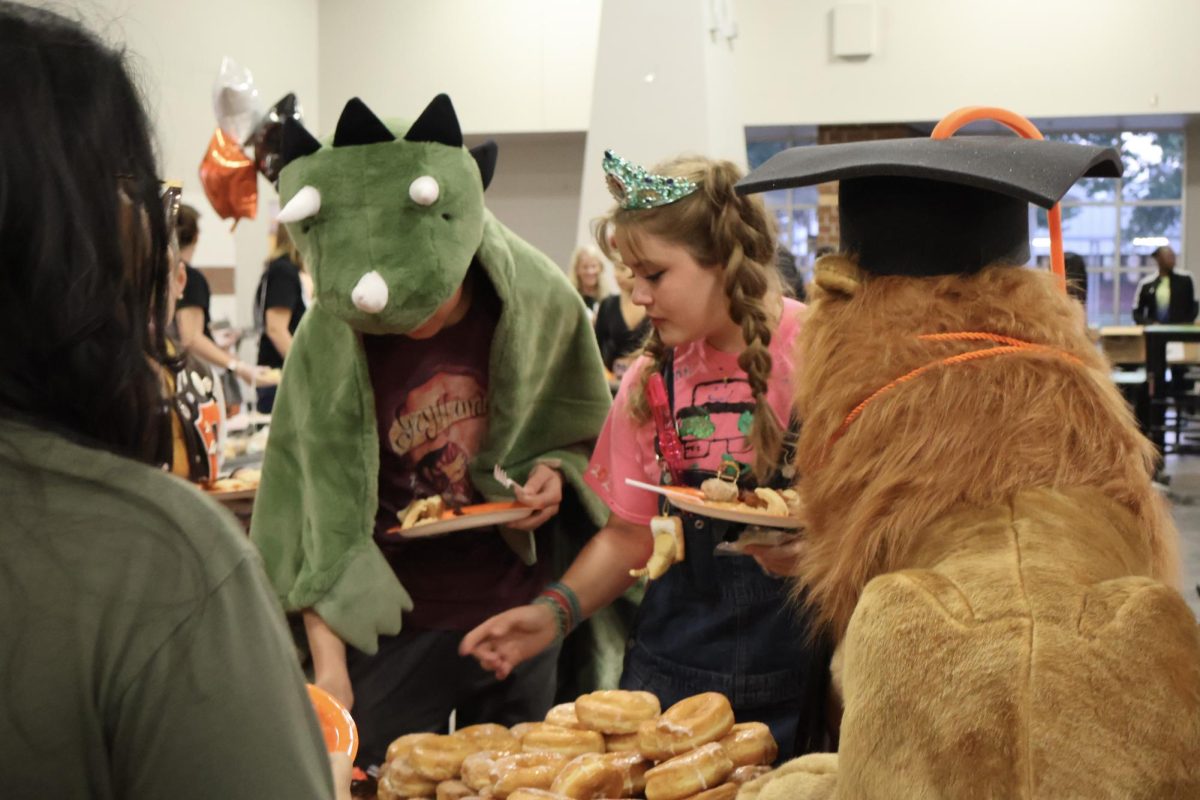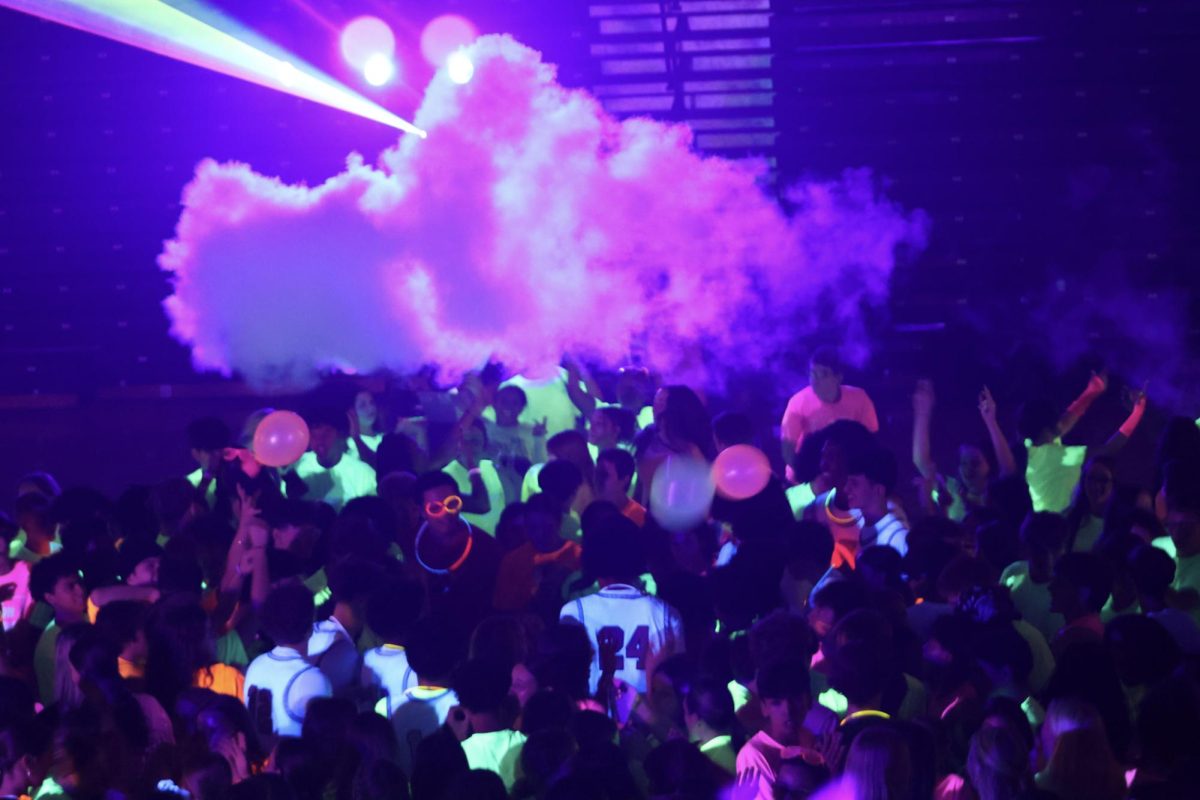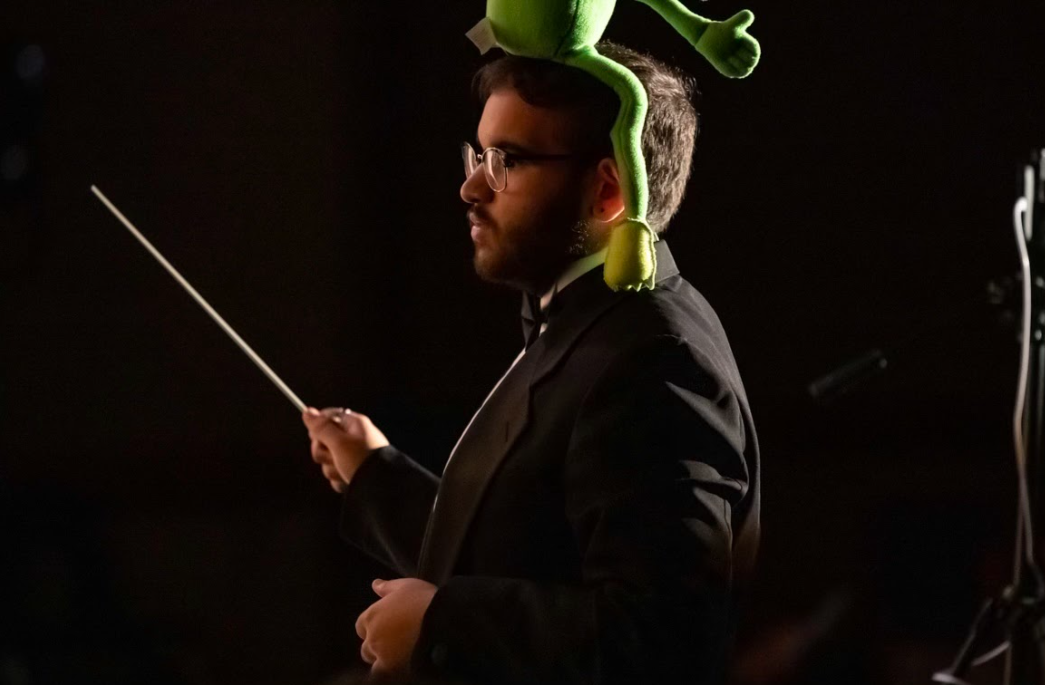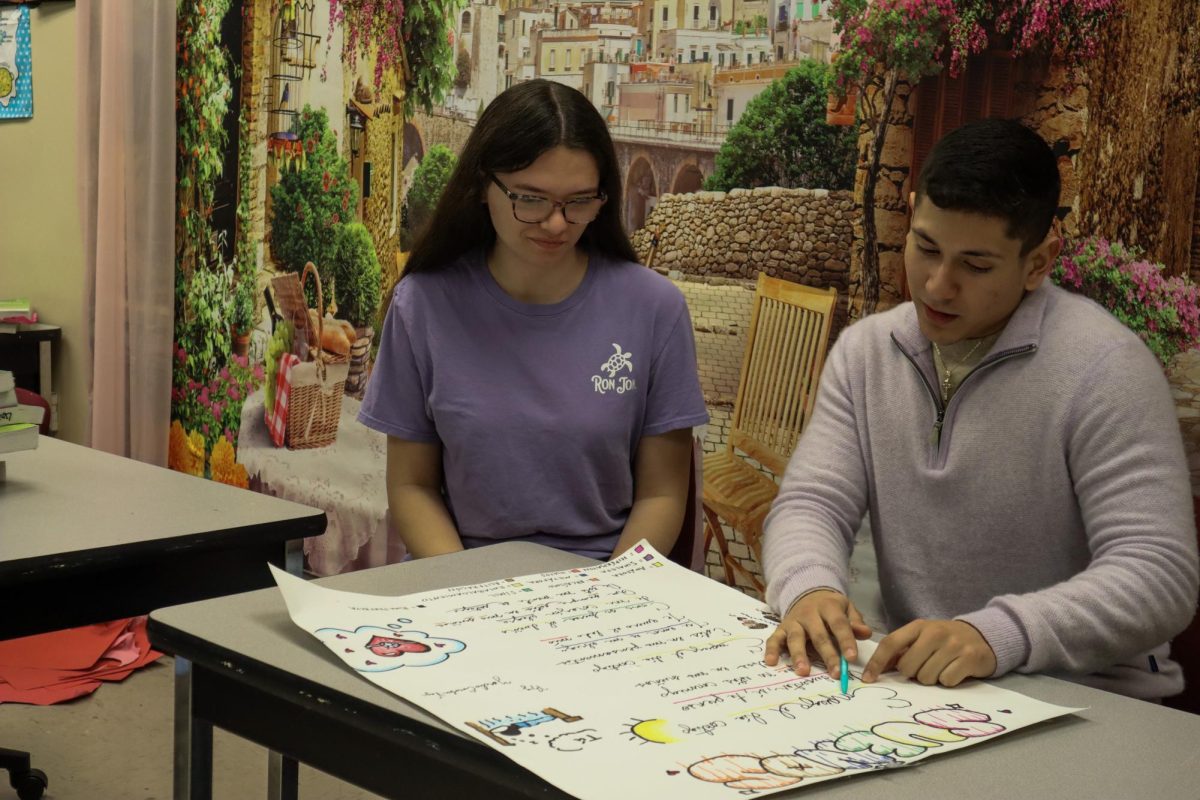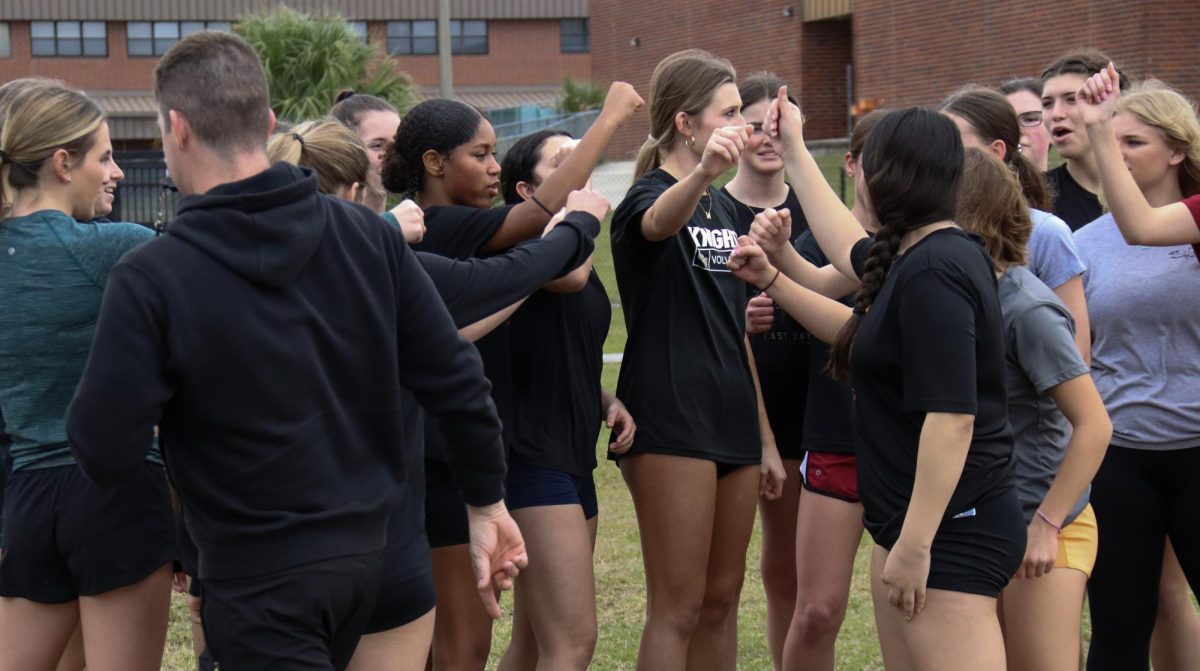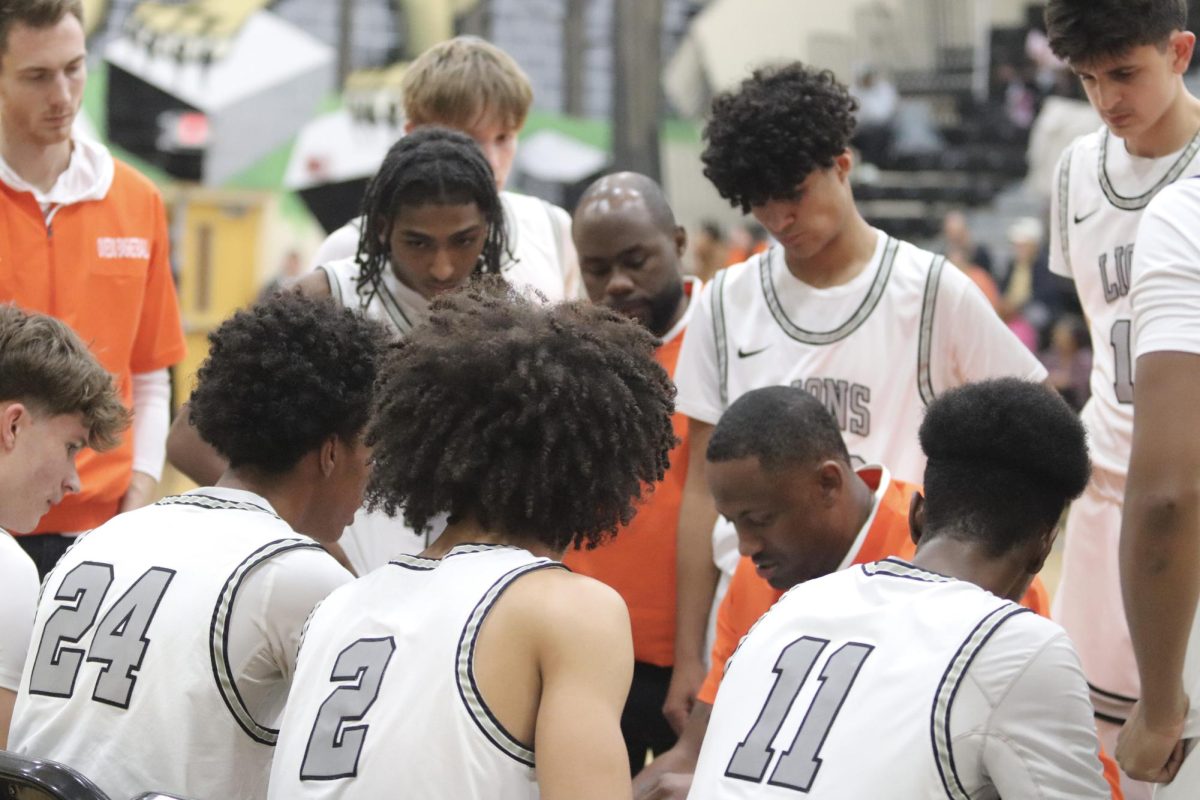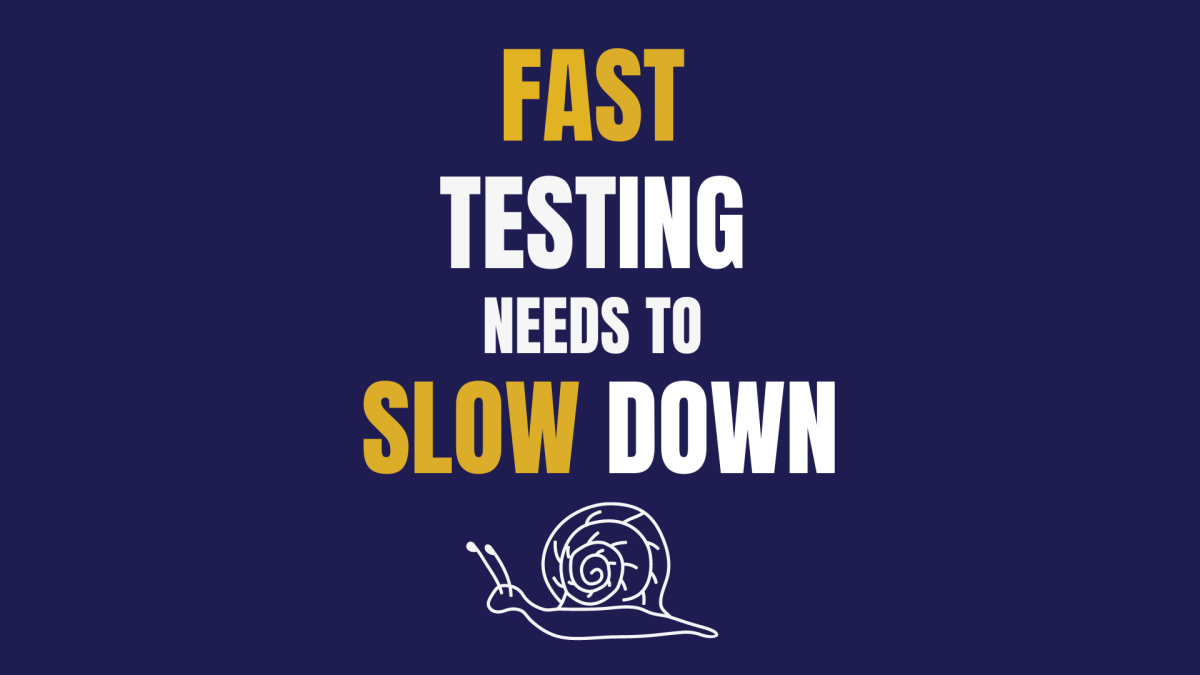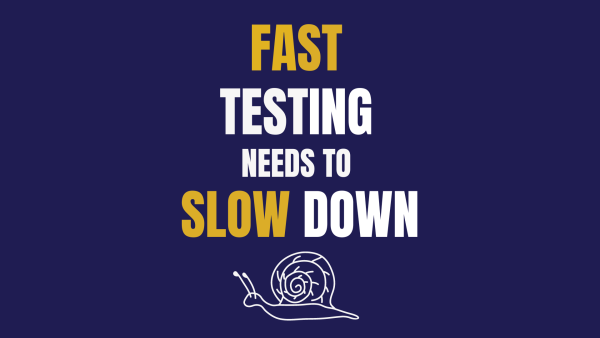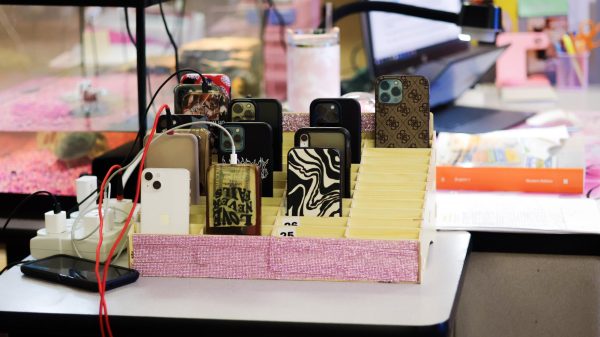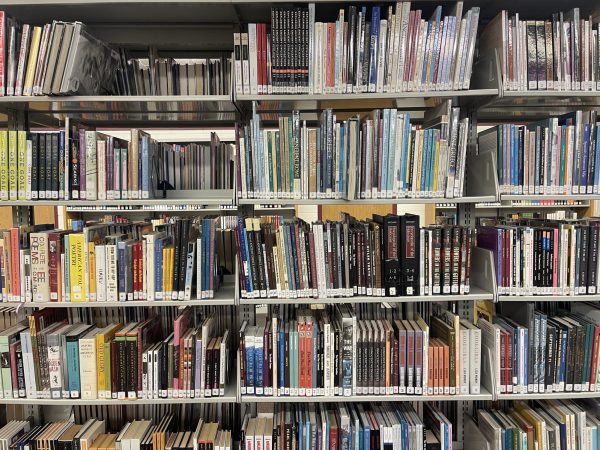Forced religion harms child development
October 1, 2022
Despite it being a natural part of maturity, becoming a young adult is a factor of stress in all lives at some point. Admittedly, pressure is put on the young generation through multiple influences. Forceful peers, judgmental families, and not to mention a generally unaccepting society, it leaves a burning question: at what point are we allowed to create our own truths?
Judgmental families are often products of their constricting culture, stemming from a key point of tension: religion. There are far too many teenagers who feel as though their families’ religious beliefs don’t align with their own. That they are raised in a family that has demanded and squeezed their children into an ideal mold, so hard that they simply slip out. They are burdened with being an outcast.
Starting young, many children are taken to church and put in bible study, or after school classes to reinforce their family’s religious beliefs. In Catholicism, children above the age of seven are obligated to attend mass, according to church law. There on, attendance is up to the parents in accordance to what they believe is best for their child.
Although, in the eyes of these parents, it’s for their children’s best interest. But kids this young aren’t yet fully present while they’re being taught. They want to play and run around, not sit in a chair and talk about the Bible.
As time goes on, their young, impressionable minds soak up this information like a sponge. Kids don’t come into this world with a handbook, therefore everything they encounter in their new life is stored as an example for how they eventually live their own.
Like all other documented moments, learning about humanities creation and what is right and wrong becomes second nature. But this isn’t necessarily a negative outcome. Religion does create a backbone to morals and self-esteem, ones that are good-hearted in nature, but once again, these self truths were never created by the children themselves.
Many times, these kids grow up in restrictive homes, known to be culturally and socially influenced, only to feel misguided and unaccepted. Amidst this atmosphere of pressure and conformity to be their culture’s ideal, they feel like the black sheep of the family. Which begs the question: are these people unconditionally accepted, or is it in fact conditional?
Dishearteningly, no. There is too much disconnection between family and child. These strict, reclusive parents are far too judgmental about their children’s and or family members’ personal decisions. They believe them to be unfortunate. They won’t necessarily always completely ostracize the other party, but the double standard of seemingly unconditional love is present enough to cause substantial discomfort.
According to a study from the National Library of Medicine, “Among those who were raised in a single religious background (especially within Protestantism), the family’s religious commitment is closely linked with retaining one’s religion into adulthood.”
Based on this analysis, it’s natural to assume religious commitment coincides with familial commitment, meaning you stick to what you know. You stay in a box, in your comfort zone.
Which fuels the fire of this quiet divide. People continue to keep their perspectives tight knit, where the idea that the same compassion can be extended to people of a different opinion than your own, is barely a possibility.
Not only do these people stay within their comfort zone, it stems from their parents, who are easy to identify with. They teach their children everything they know. Whether that ends up being detrimental to the child’s future decision making is up to fate, and if that child decides to seek other opinions and eventual help.
What is the point during aging and maturity when these children decide what is right and wrong for them? This question, not being black and white in nature, shares the same kind of answer. It’s a gray area, because there is not an age where children disassociate with their families’ truths and hold their own. There is no set age when they are not judged for doing so. This depends on the individual’s life, and how they decide to live it.
Sometimes teens move out at eighteen. There are even some who run away from their homes at younger ages. Some stay in the house until they’re in their 20’s. There is even a small bracket that lives with their parents forever.
People have to take that step. To decide to pursue the unknown and seek out knowledge that goes against everything they were ever taught. Only in that way will they learn what their own individual truth is. Once they have the confidence of autonomy, they break free from the confines of their restrictive childhood.
Therefore this attitude can be connected to all outside pressures. Judgmental friends, keeping up with social media, not conforming to societies’ basic ideals. All of these stressors can be left behind. Then, when these children grow up into adults, if they have children of their own, they can let them create their own moral and religious truths, and let them grow up as they naturally should.
These children create a new age of individuals whose development was not hindered in a forceful or irreverent way. People who can just be who they are. Self-truth emerges, religious or not, when someone is beyond external confines. When there are no constraints on what one can create for themselves.

